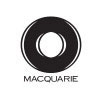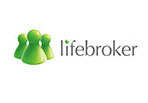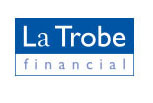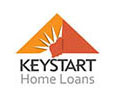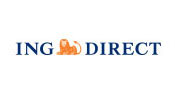Email: info@a-f-s.com.au
frequently
asked
questions
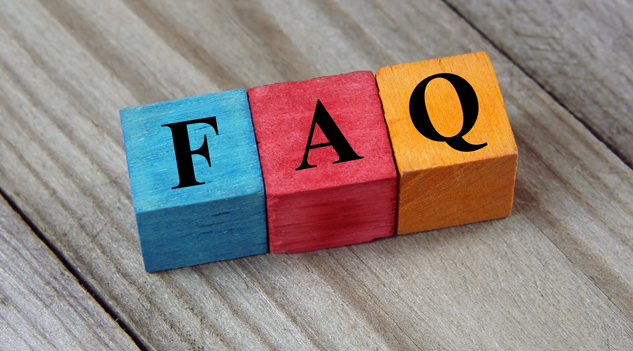
Email: info@a-f-s.com.au

To see if you are eligible or to obtain more information about the First Home Owner Grant, please click on the link below and select the state or territory in which you intend to purchase your home.
for more information
http://www.firsthome.gov.au/
Stamp Duty is payable on purchases of properties. There are two different types of Stamp Duty:
Stamp Duty varies by state. The information on Stamp Duty or eligibility for an exception by state is available on the following websites:
Mortgage insurance covers the bank in case you default on your loan repayments. It does not cover you – the borrower. As a general rule, the banks require you to pay for this if the loan amount you are requesting is greater than 80% of the purchase price. The only way to avoid it is to borrow less than 80% or provide additional real estate security to bring the loan to value ratio (LVR) to below 80%.
It depends on the actual loan. Most loans have a monthly service fee of around $8 to $10 however others have none. Usually the loans which have a monthly fee have a lower interest rate which can often make them worthwhile. There are also a number of premier package loans on offer by many of the main lenders which charge an ongoing yearly fee of between $295 and $350 and where the benefits are rate discounts and other advantages.
Yes, you can have a combination of fixed and variable rate facilities.
There are a lot of costs associated with buying a property. Fees and duties, taxes and insurances, and of course the cost of moving home, really start to add up. Here’s more information about all major costs to help you to work out your budget.
Loan application fee:
Loan application fee is also called establishment fee, payable to your lender for processing your loan. This fee varies from lender to lender, but is generally under $750 and is usually waived off under certain circumstances.
Valuation fee:
Your lender will arrange a valuation of the property to assess its value – it could range between $250 – $400 for valuation by an accredited valuer, though you should note that some properties attract higher fees. Valuation fee is also waived off under certain circumstances.
Lenders’ mortgage insurance:
As the term suggests, this fee is to protect the lender. In case you fail to pay your loan and the property has to be sold, but the money realised from it does not cover the loan, mortgage insurance covers the lender’s risk. Mortgage insurance is usually required if you are borrowing more than 80 per cent of the property value. It is a one-off fee and is calculated on a sliding scale, depending on the loan amount and ratio, and can be quite high in some cases.
Property Stamp Duty:
This tax is payable to the Government on most property purchases. The amount varies from state to state, and also depends on the value of the property.
Mortgage Stamp Duty:
This fee depends on the size of your loan and varies from state to state. There have been times when some state governments have waived off mortgage stamp duty for a limited time but it should be an expected expense.
Mortgage Registration Fee:
This is a charge made by the Government to register your mortgage document.
GST:
GST does not apply to all the properties, only to those built after 1 July 2000, and to new house and land packages. Some buying costs attract GST, such as conveyancing and solicitor’s fees, valuation fees and moving costs, but the tax will be included in their invoices. Please note – you won’t have to pay GST on a pre-owned property, and it doesn’t apply to your loan repayments, bank charges, residential rents or council and water rates.
Conveyancing:
Solicitors and conveyancers provide a valuable service during the sale of a property. Fees for solicitors and conveyancers vary from state to state, and most of these professionals will decide on the fee after studying your documents. The fees should include checking the contract, carrying out searches, and generally making sure that the transaction goes smoothly.
Inspection reports:
Inspection generally covers the building, structure and other matters that may need addressing before you move into the new property. Having your property inspected is an important element of the buying process. Costs will depend on the size and condition of the property, and ease of access to concealed areas.
Removalist:
The cost of moving depends on many factors, including the amount of goods, the distance you are moving, and ease of access of both the current and new premises. Like most cases, is advisable to get three or four estimates, and don’t forget to ask about insurance – usually a percentage of the value of your goods – since breakages can be a possibility.
"I would like to place on record my sincere appreciation of the way you have explained loan eligibility criteria, terms and conditions and other related information. Your passion, sincerity and commitment are highly appreciated.I am gratified to hear that you obtained loan sanctioned accurately on day as promised. Your cordial behavior and prompt response are highly appreciated."







